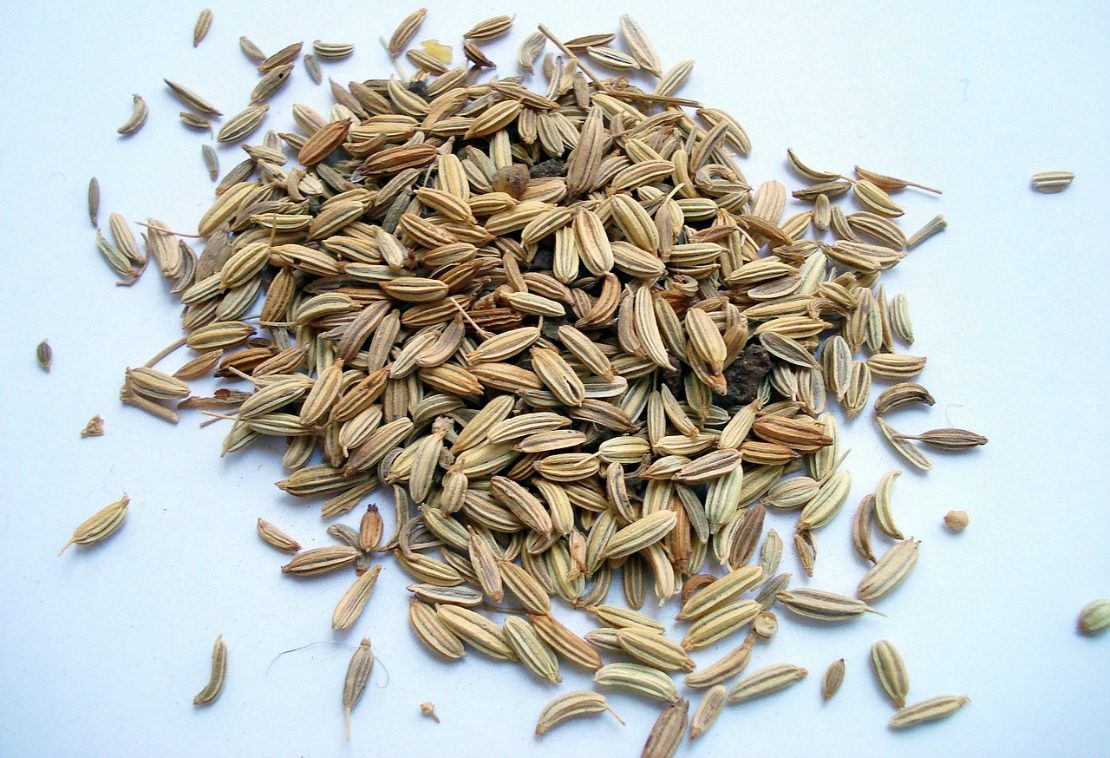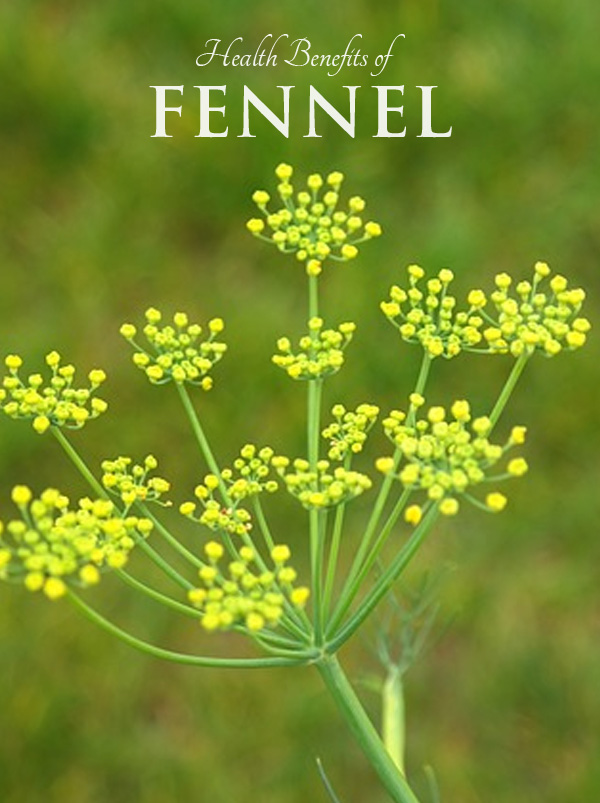
Benefits of Fennel: Relief for You-Know-What
It happens to all of us. That moment, usually not long after eating, when we realize that we have gas. Whether during a business lunch, a mid-afternoon meeting, or even—gasp—toward the end of a promising first date, having flatulence never fails to be embarrassing. At least, it’s embarrassing whenever we’re enjoying the politeness of good company. This of course begs the question: does the wonderful world of herbs have anything to help us to overcome this gaseous inevitability? You may be pleased to know that, yes, natural medicine has a solution for this source of awkwardness. The health benefits of fennel to the rescue!
Fennel seeds (Foeniculum vulgare) are renowned for their function as a carminative, which is any substance that relieves gas. Fennel seeds have been used for centuries as one of the best herbs for helping along digestion, which in turn helps our body to process food without leading to symptoms like flatulence (Frawley and Lad, 1986).
Fennel also acts as a great anti-nauseant, prevents griping, stimulates appetite and digestion, and is useful for colic and constipation. It aids a nursing mother’s flow of milk and through the milk it can soothe the baby’s digestion, and is a top intestinal remedy that relieves colic (Alexandrovich et al, 2003).

Perhaps the only thing that’s better than the gentleness with which fennel helps along our digestive processes is the simplicity of how we can enjoy its benefits. You can incorporate this herb into your diet by simply placing a teaspoon of freshly ground fennel seeds into a cup of hot water and taking it as a tea at the end of your meal. Or, if even that is more complicated than your schedule allows, you can simply chew on a few seeds after your meal is over—this practice also helps to reduce bad breath. Mothers can drink one cup of infusion ten minutes before breastfeeding to encourage let down and decrease colic in the baby.
The following delicious tea recipe comes from our Intermediate Herbal Course‘s Digestive System unit and is a popular choice for students working on hands-on projects.
After Dinner Tea Recipe
2 grams chamomile
1 gram bee balm
1 gram orange peel
1 gram ground fennel seed
- Combine the above amount of each of herb and place in a tea strainer inside a jar or mug.
- Pour 8 ounces of hot water over tea strainer and cover.
- Steep for 25-30 minutes.
- Remove tea strainer and enjoy.
- To make a larger batch, simply multiply ingredients (for a pint of tea double the amount of each). Larger batches can be stored in the fridge and re-heated (covered) for a couple of days.
Fennel can work magic in the most opportune moments, almost like it’s a little helper that ensures that potentially awkward encounters go smoothly.
REFERENCES
Alexandrovich I, Rakovitskaya O, Kolmo E, Sidorova T, Shushunov S. (2003) The effect of fennel (Foeniculum vulgare) seed oil emulsion in infantile colic: a randomized, placebo-controlled study. Alternative Therapies in Health and Medicine 9(4):58-61.
Frawley, David, and Vasant Lad. The Yoga of Herbs. (Twin Lakes, WI: Lotus Press 1986).







